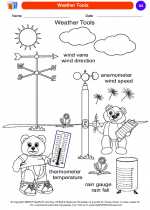Climate
Climate refers to the typical weather patterns and conditions that occur in a particular region over a long period of time. It includes factors such as temperature, humidity, precipitation, wind, and other atmospheric conditions. Climate is not the same as weather, which refers to the short-term changes in atmospheric conditions.
Factors Affecting Climate
Several factors influence the climate of a region:
- Latitude: The distance from the equator affects the amount of solar energy a region receives, which in turn influences its climate.
- Altitude: Higher elevation can result in cooler temperatures due to the effect of altitude on air pressure and temperature.
- Distance from the Ocean: Proximity to large bodies of water can moderate temperatures and affect precipitation patterns.
- Wind and Ocean Currents: These can distribute heat and moisture around the planet, influencing climate patterns.
- Topography: The physical features of the land, such as mountains and valleys, can affect local climate conditions.
Climate Classification
Climate scientists classify different regions based on their climate characteristics. The Köppen climate classification is one of the most widely used systems, which categorizes climates into groups such as tropical, dry, temperate, continental, and polar.
Impact of Climate Change
Climate change refers to long-term shifts in temperature, precipitation, and other climate patterns, often attributed to human activities such as the burning of fossil fuels and deforestation. Climate change can have widespread impacts on ecosystems, agriculture, human health, and natural disasters.
Study Guide
To study the topic of climate, consider the following key points:
- Understand the difference between climate and weather.
- Learn about the factors that influence climate, such as latitude, altitude, and proximity to water bodies.
- Explore the Köppen climate classification system and the characteristics of each climate group.
- Examine the impact of climate change on the environment and human society.
By understanding these concepts, you will gain a comprehensive understanding of the topic of climate and its significance in the world.
.◂Science Worksheets and Study Guides Kindergarten. Weather

 Coloring Worksheet
Coloring Worksheet
 Coloring Worksheet
Coloring Worksheet
 Coloring Worksheet
Coloring Worksheet
 Coloring Worksheet
Coloring Worksheet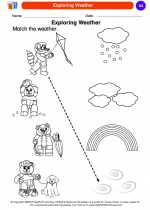
 Coloring Worksheet
Coloring Worksheet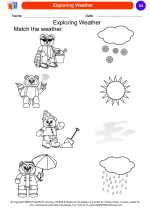
 Coloring Worksheet
Coloring Worksheet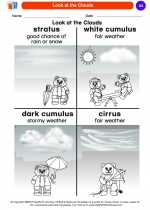
 Coloring Worksheet
Coloring Worksheet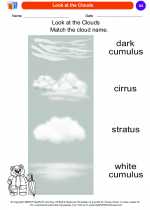
 Coloring Worksheet
Coloring Worksheet
 Coloring Worksheet
Coloring Worksheet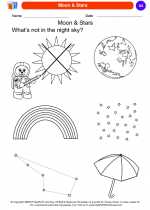
 Coloring Worksheet
Coloring Worksheet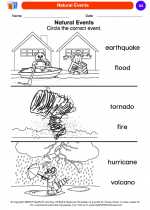
 Coloring Worksheet
Coloring Worksheet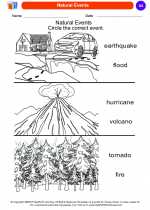
 Coloring Worksheet
Coloring Worksheet
 Coloring Worksheet
Coloring Worksheet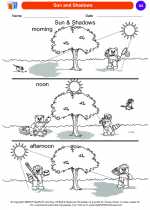
 Coloring Worksheet
Coloring Worksheet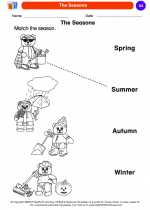
 Coloring Worksheet
Coloring Worksheet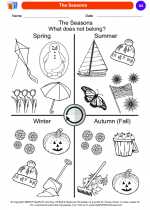
 Coloring Worksheet
Coloring Worksheet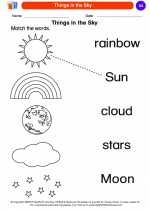
 Coloring Worksheet
Coloring Worksheet
 Coloring Worksheet
Coloring Worksheet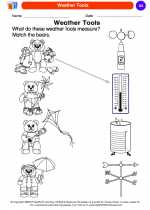
 Coloring Worksheet
Coloring Worksheet